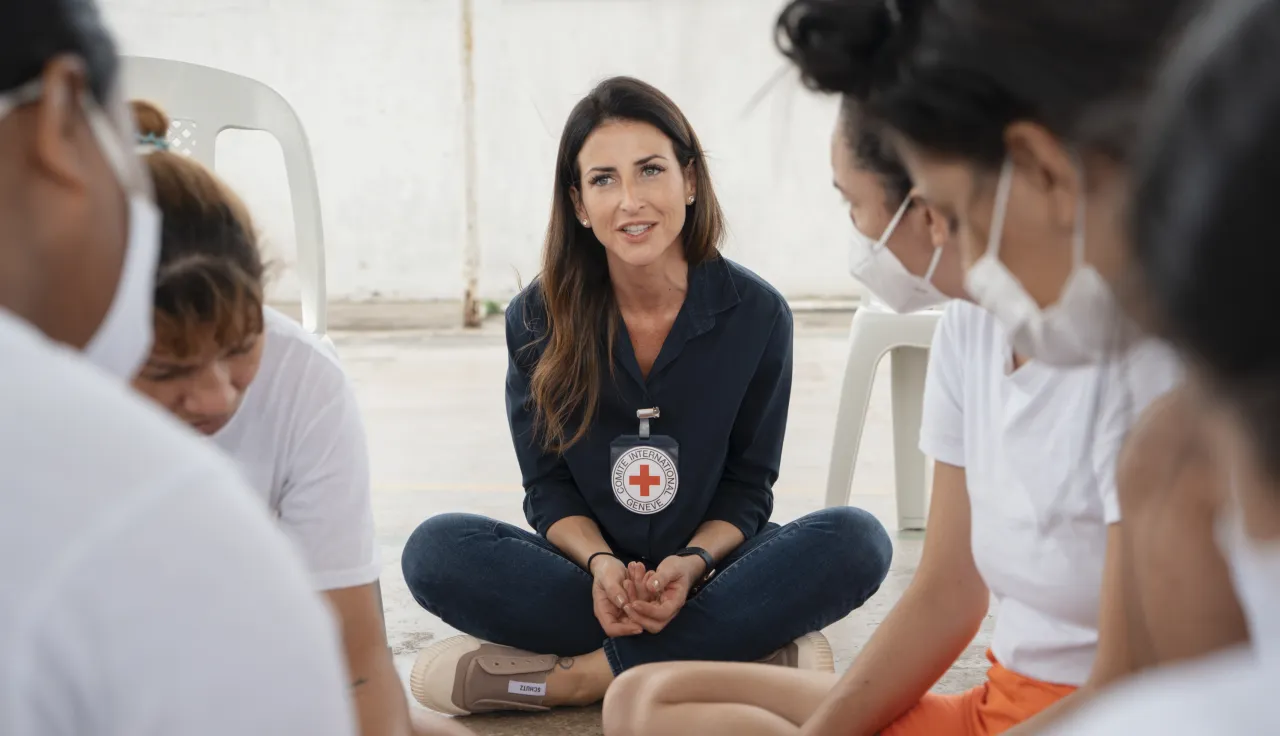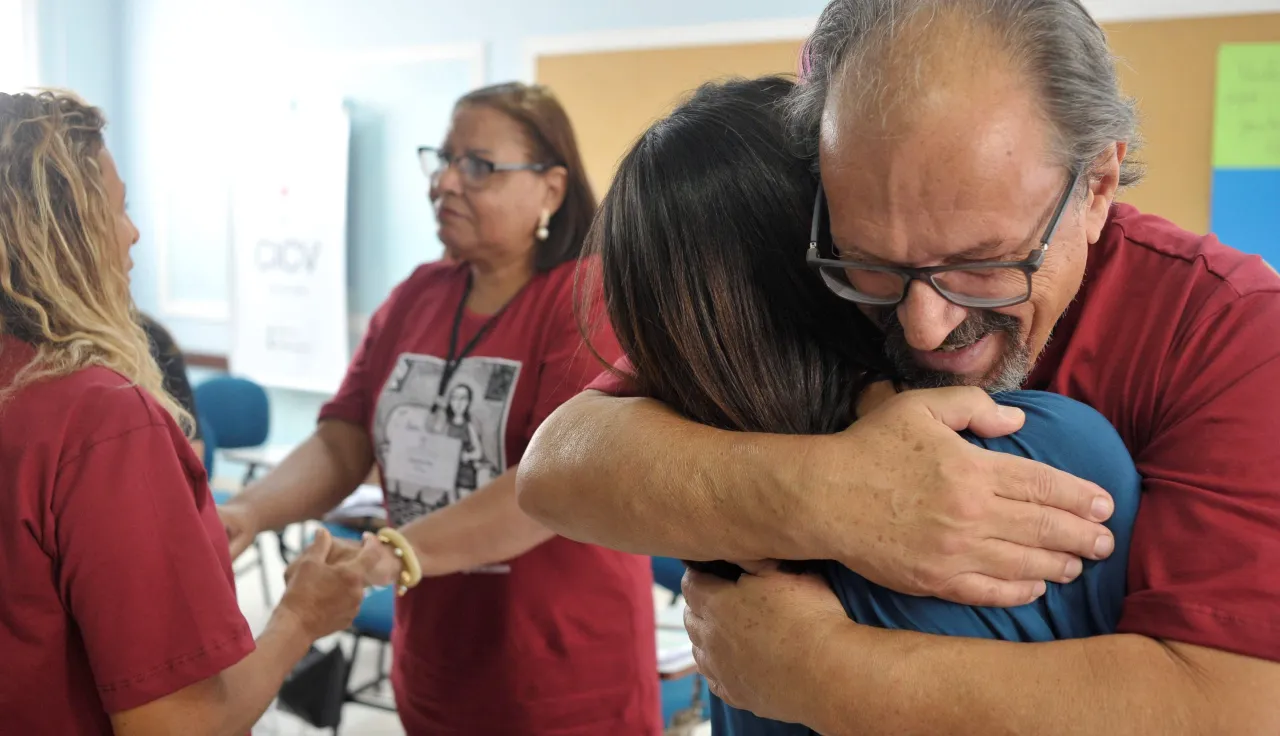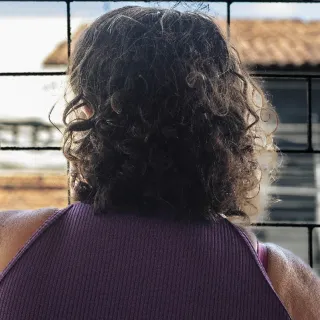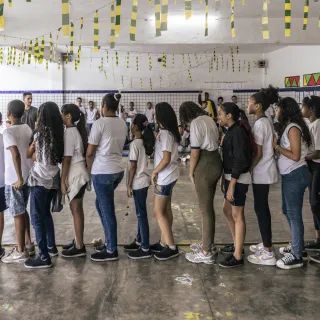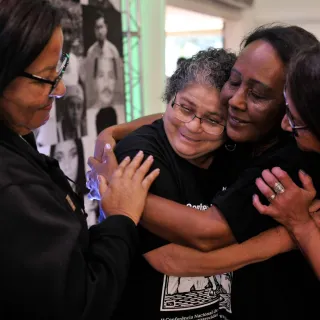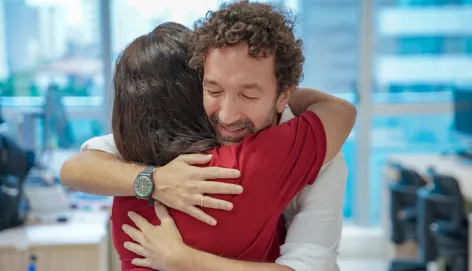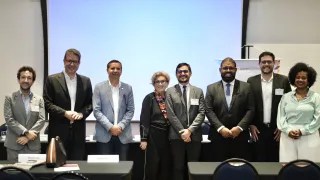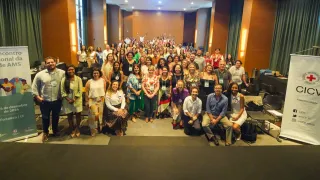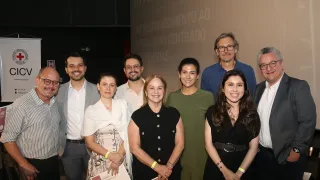Our work in Brazil
The Regional Delegation of the International Committee of the Red Cross (ICRC) for Argentina, Brazil, Chile, Paraguay and Uruguay is headquartered in Brasília, with offices in Fortaleza (CE), São Paulo (SP) and a mission in Buenos Aires.
In the region, the ICRC is dedicated to the promotion, dissemination and implementation of international humanitarian law (IHL) and humanitarian principles. In Brazil, in particular, the ICRC works in collaboration with the federal government, local governments, organizations and communities to strengthen the authorities' response to the humanitarian consequences of armed violence.
In addition, one of the Regional Delegation's priorities is to prevent the breakdown of family ties among those affected by armed violence or in migration contexts, in partnership with the Red Cross in each country.
Other countries we support
The Regional Delegation in Brazil and the Southern Cone also carries out humanitarian activities in Argentina, Chile, Paraguay and Uruguay, with its partners from the International Red Cross and Red Crescent Movement.

